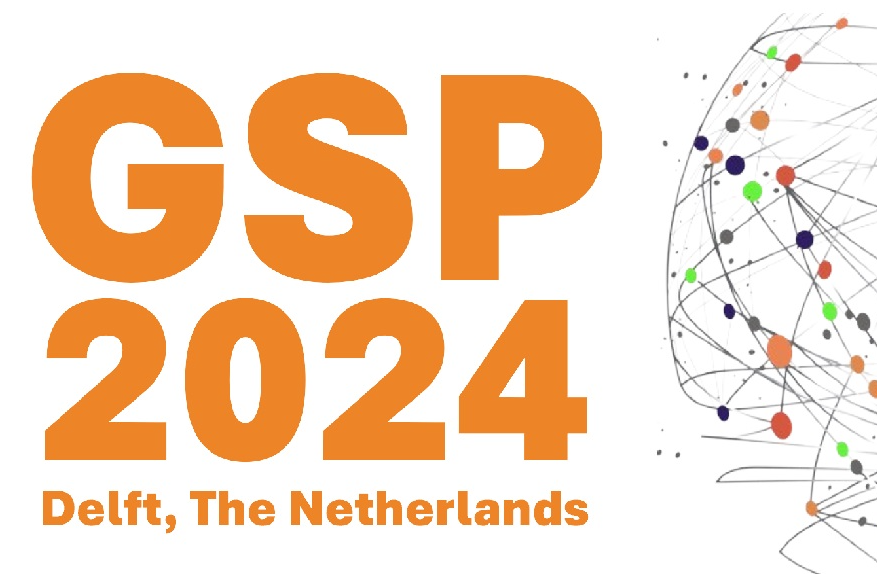Agenda
MSc SPS Thesis presentation
- Tuesday, 30 April 2024
- 10:00
- HB18.090
A SystemC SNN model for power trace generation
Wim KokPower analysis can be used to retrieve key information as secure systems leak data-dependent information over side channels. A proposed solution to break the correlation between side channel information and secret information was to replace a vulnerable part of the cryptography implementation with a neural network. This uses the inherent properties of a neural network to disrupt the correlation by breaking the linear power characteristics assumed by leakage models.
To test this neural network without physically creating a hardware implementation a simulation must be performed that provides both the data and the power information. Currently neural network simulators do not generate a power trace and analog circuit simulators generate more information traces than required increasing the simulation time.
This thesis describes the creation of a complete SystemC spiking neural network model that generates both data and power information. The information generated by this model was compared and verified with results acquired by the Cadence Spectre analog circuit simulation platform. The results indicate that the created SystemC SNN model works and generates comparable data and power traces as the Spectre simulator.
PhD Thesis Defence
- Monday, 6 May 2024
- 12:30-14:00
- Aula Senaatszaal
Multi-agent exploration under sparsity constraints
Christoph Manss

PhD Thesis Defence
- Tuesday, 21 May 2024
- 10:00-11:30
- Aula Senaatszaal


Conferences
- Monday, 27 -- Tuesday, 28 May 2024
- Aula, TU Delft
44th Benelux Symposium on Information Theory and Signal Processing (SITB'24, Delft)
Additional information ...

PhD Thesis Defence
- Tuesday, 18 June 2024
- 15:00-16:30
- Aula Senaatszaal
Model-based feature engineering of atrial fibrillation
Hanie Moghaddasi

Conferences
- Monday, 24 June 2024
- Aula, TU Delft
7th Graph Signal Processing Workshop (GSP 2024)

Following a series of successful workshops since 2016, we are pleased to announce that the 7th Edition of the Graph Signal Processing Workshop will be held June 24-26, 2024 in Delft, The Netherlands (campus TU Delft). The workshop will provide a warm welcome to experts and practitioners from academia and industry in the field of graph signal processing (GSP). The goal of GSP is to generalize classical signal processing and statistical learning tools to signals on graphs (functions defined on a graph).
Additional information ...
